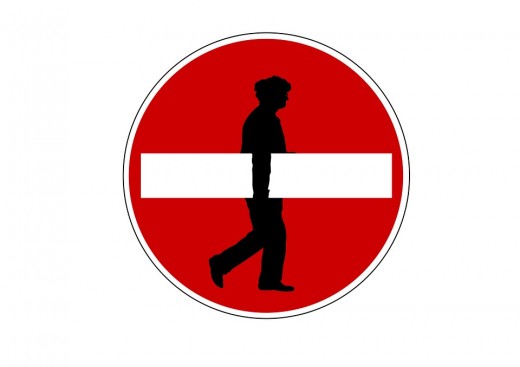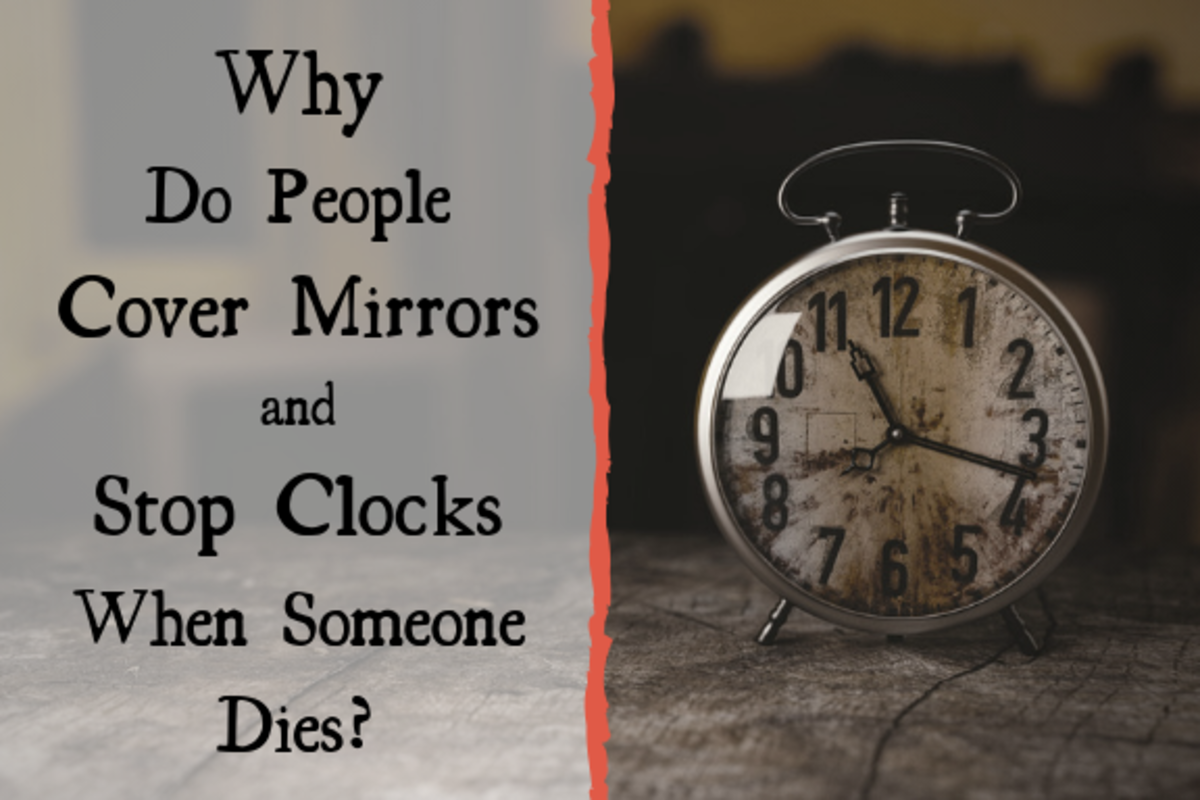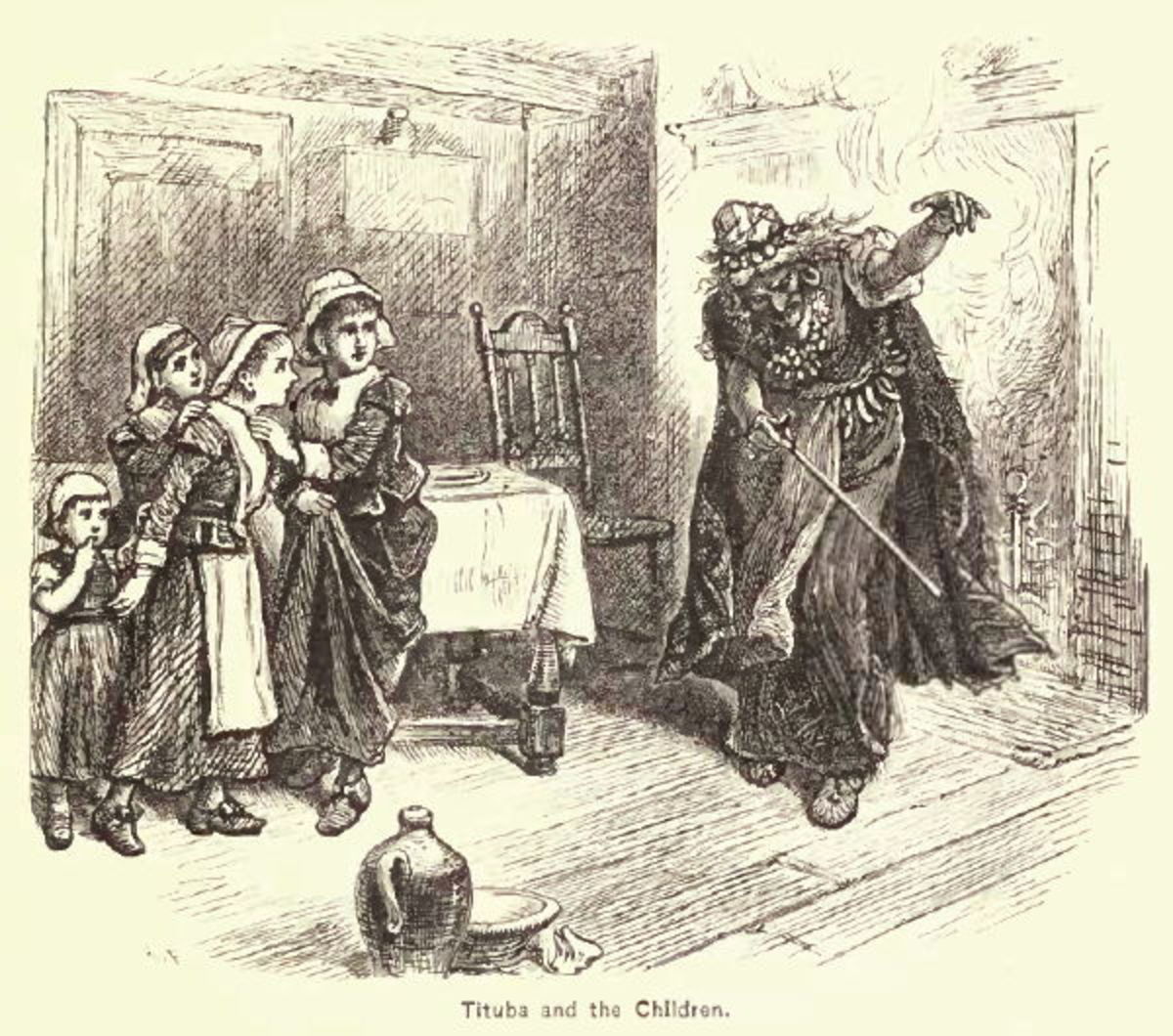Why Is There Unrest?
What Do Beliefs Do
This is not an attempt to question our beliefs. I am sure that almost all of those extend invaluable help by providing us with a silver streak, whenever we find ourselves in darkness. Whether we are affected by the moment, the setting, or the environment, or we happen to become anything other than the most contented, these streaks are always there, to protect or console or offer us new hope.
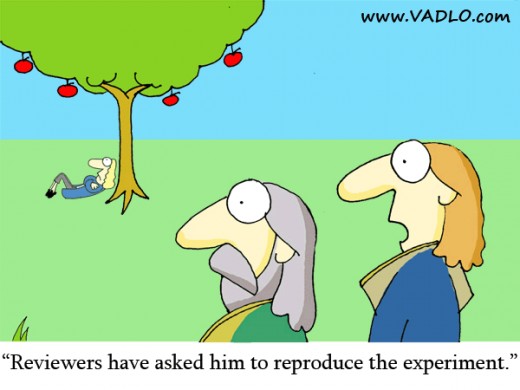
Why Do We Need Beliefs
This is an attempt, however, in freshly evaluating the significance of those very streaks, with due attention paid to the rarely acknowledged fact that every silver lining, serves also as an indicator to a cloud hiding somewhere behind the bright patch. And it is a cloud that we almost always fail to see. This too is true; hardly any attempt has been made to search or locate such apparitions hiding behind the ‘beliefs’, we humans hold in abundance. Nor we have any idea how, a ‘silver streak’ metamorphose into a belief. Hence, my limited aim is to have a peep at the other side, of all that we consider closest to our hearts as unique elements of human character.
In fact what prompted me to think in this manner is my experience with physical systems. One of the important properties of any physical system, in fact the property that defines the system, is the relationship between the parameters of interest, under different conditions. Like the variation observed in input - output, error - correction, disturbance - stabilization, etc, when input change. . One important quality common to all systems in this regard is that, this defined relationship is valid only while the parameter of interest varies within a specified limit. And it is a big challenge faced by all engineers, specially, those involved in designing various systems, to make it in such a way that all the components or parts of the system operates within that limit.
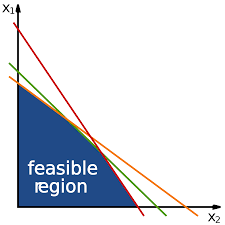
What Does it Lead To
When it came to living beings, I found that they are happy and contended as long as the severity of social transactions is within a certain limit, whatever be the nature of such transactions. Also I noticed that considerable disturbance gets associated with their life, wherever the severity of such transactions crossed that limit,whatever be the nature of such transactions. Irrespective of the nature and content of those exchanges, whether of pleasant nature or otherwise, extremes of both abundance and scarcity could be seen to be of comparable virtue, in causing visible discomfort. This also is true: nobody has ever doubted the genuineness of the need for such extreme reactions, rather the attention was always on the act, which happened to be the one which carried the extremes. I therefore found it necessary to examine the disorder from a completely different angle.
My attention then went to the most obvious example of this - the turbulence permeating our environment. The destructive effects produced by this could be visible in almost all elements of our society and in any corner of the world. What is in vogue is to attribute such disturbances to one or the other parts of our society, and depending on the time and place of the current instance of unrest, the chosen culprit part varies. Sometimes religion is the culprit, which could be wealth in some other cases. From unemployment to overproduction, and from individual avarice to incapable leadership, nothing is there that has not been found as a cause.

Why Unrest?
This unrest in fact is nothing special (though the popular view may be otherwise!) and are our normal transactions, but of a very high intensity. I could easily notice that, since the earliest days of life, this has more or less become a permanent feature of our world. Many a time it has resulted in wars and other skirmishes, many a time in building empires. Our glories like explorations, discoveries and inventions can’t be seen to be independent of its influence.
However, instead of recognizing this simple fact, we have been attributing this turmoil to an unknown force. Sometimes we see this as a result of our sinful life, sometimes, which happens more often, we feel these are caused by forces external to us, which become the villain in ones depiction of life. Thus, for one who is left leaning, this unrest is due to class struggle and capital is the villain. For a capitalist however, it is caused by insufficient production, the villain becoming the productivity of labor. Also, any of the other common culprits of social disharmony like inter-religious rivalry, caste oppression, male chauvinism or lack of faith in god could become the baddy, for those disposed to other viewpoints.
We are making two mistakes. We are not examining the root cause, the propensity to resort to transactions of the extremes. We are compounding it by directing our efforts to the apparent cause, capital, religion or chauvinism, which, even though is present in every society, need not necessarily affect its state of health.
Thus, beliefs are the one that make human society, a turbulent one.
Thus, beliefs make the human society a turbulent one.
Thus, beliefs shall continue to make the human society a turbulent one. (Assuming that our society is not taking sufficient steps to ward off the threat constantly posed by ‘mental germs’.)
